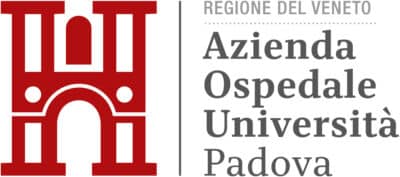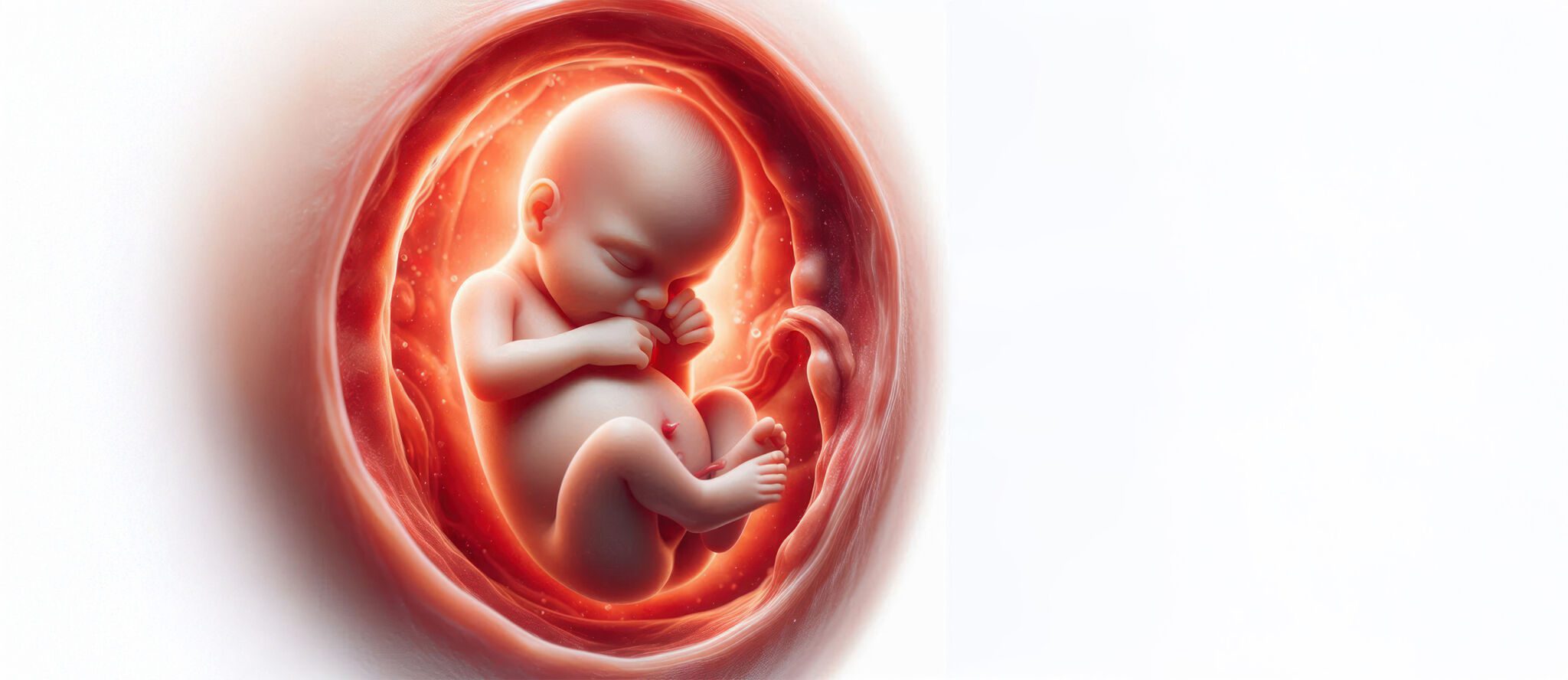

The Master in Maternal-Foetal Medicine (MFM) provides specific training on how to manage pregnancies with a high risk of maternal and/or foetal pathologies. The course provides in-depth, updated maternal and foetal physiopathology knowledge, aimed at a correct and up-to-date clinical management of maternal and foetal pathologies. Special focus is the multidisciplinary management of complex prenatal anomaly diagnoses, the selection and management of foetal surgery cases, and the diagnosis and management of severe maternal pathologies. A Doctor with a Master’s Degree in Maternal-Foetal Medicine may put the advanced skills acquired to use in National Healthcare System Obstetrics & Gynaecology wards and prenatal diagnosis services, and in private practice.
The Master in Maternal-Foetal Medicine (MFM) provides specific, up-to-date and in-depth training on maternal and foetal medicine, aimed at a correct and current clinical management of this kind of pathologies. Special focus is the diagnosis, counselling and management of foetal and maternal congenital cardiac disease.
The Master lasts two years, and is organized as follows:
- 300 hours of remote lectures, in 20 full-immersion days a year (2-3 days a month).
- 20 hours of internship, by attending a full-immersion week at the Maternal-Foetal Medicine Clinics of the Padua University Hospital.
- 150 hours of independent study to complete a project work, consisting in a scientific essay on one of the topics covered.
Furthermore, the course will include seminars with Obstetrics Pathology, In-Utero Treatment, and Prenatal Diagnosis experts.
The Master in Maternal-Foetal Medicine (MFM) is addressed to Medicine and Surgery graduates specialized in obstetrics and gynaecology or in paediatrics, interested in maternal-foetal medicine diagnostic-treatment plans, management of high-risk pregnancies, and counselling on maternal-foetal pathologies during pregnancy.
A Doctor with a Master’s Degree in Maternal-Foetal Medicine (MFM) becomes an expert in prenatal diagnosis, management and counselling of foetal malformations, and acquires the competence necessary to diagnose and manage maternal obstetrical pathologies, from the prenatal phase to childbirth. A Doctor with a Master’s Degree in Maternal-Foetal Medicine may put the advanced skills acquired to use in National Healthcare System Obstetrics & Gynaecology wards and prenatal diagnosis services, and in private practice.
The Master in Urology Nurse Specialist (MFM) provides in-depth training on the following modules:
Module 1 – RECURRENT MISCARRIAGES
Causes and management of recurrent miscarriages. Treatment options and planning of the next pregnancy.
Module 2 – DIABETES AND OBESITY
Diabetes and obesity during pregnancy. Diagnostic approaches, monitoring and prevention of complications.
Module 3 – HYPERTENSION PATHOLOGIES AND IUGR
Hypertension in pregnancy. Risk factors, diagnosis, treatment. IURG, diagnosis, implications, and childbirth timing.
Module 4 – FIRST-QUARTER AND SECOND QUARTER ULTRASOUNDS, AND INVASIVE/NON-INVASIVE PRENATAL DIAGNOSIS
Ultrasounds during pregnancy, focus on foetal growth, morphological anomalies and invasive/non-invasive prenatal diagnosis.
Module 5 – FOETAL CONGENITAL HEART DISEASES: DIAGNOSIS AND COUNSELLING
Foetal congenital heart diseases, focus on advanced ultrasound techniques for diagnosis and counselling. Treatment options and outcome.
Module 6 – NEUROSONOLOGY AND SNC ANOMALIES: DIAGNOSIS AND COUNSELLING
Neurosonology to diagnose anomalies; main pathologies, counselling and treatment options.
Module 7 – FOETAL MALFORMATIONS: DIAGNOSIS AND IN-UTERO TREATMENT INDICATIONS
Prenatal foetal malformation diagnosis, counselling and in-utero treatment criteria.
Module 8 – MULTIPLE PREGNANCY
Pregnancy and complication management; in-utero treatment in monochorial twins; monochorial multiple pregnancy. In-utero treatment indications and techniques.
Module 9 – LABOUR
Physiological labour, dystocial labour, operational labour and analgesia techniques during labour. Management of dystocial labour and analgesia techniques.
Module 10 – MANAGEMENT OF THE MAIN OBSTETRICIAN EMERGENCIES
Module 11 – CTG PATTERN; ASPHYXIAL NEWBORNS
Interpretation of the CTG pattern and management of asphyxial newborns; overview of the main neonatal resuscitation techniques and guidelines on asphyxia.
Module 12 – MULTIDISCIPLINARY MANAGEMENT OF PREGNANT WOMEN WITH HEART DISEASES
Maternal heart disease, potential cardiac complications and monitoring of pregnant women with heart diseases.
Module 13 – MATERNAL-FOETAL INFECTIONS
Focus on maternal-foetal infections, transmission, associated risk, diagnosis and treatment. Vaccinations during pregnancy and placental pharmacodynamics.
Module 14 – PRETERM LABOUR
Prevention and prediction of preterm labour; management of preterm infants, focusing on neonatal intensive care unit.
Module 15 – INTERNAL/SURGICAL PATHOLOGIES DURING PREGNANCY
Management of the main internal/surgical pathologies during pregnancy and their implications. Indications on surgeries during pregnancies.
The general ranking of merit for the academic year 2025/26 will be published on the Italian page of this Master according to the timing provided in the Call.
Information
FAQ
The Master includes remote lectures during 3 full-immersion days, for about 15 weeks in two years, and a cycle of 4 in-person seminars with Experts.
The Master’s lectures will be recorded, and the recordings are available in case of absence.
Attendance of at least 80% of the course is mandatory.
The internship at the Maternal-Foetal Medicine Clinics will include a full-immersion week, scheduled by the Director according to the attendees’ work requirements.
The project work will consist of the production of a scientific essay on one of the topics covered in the Master.

